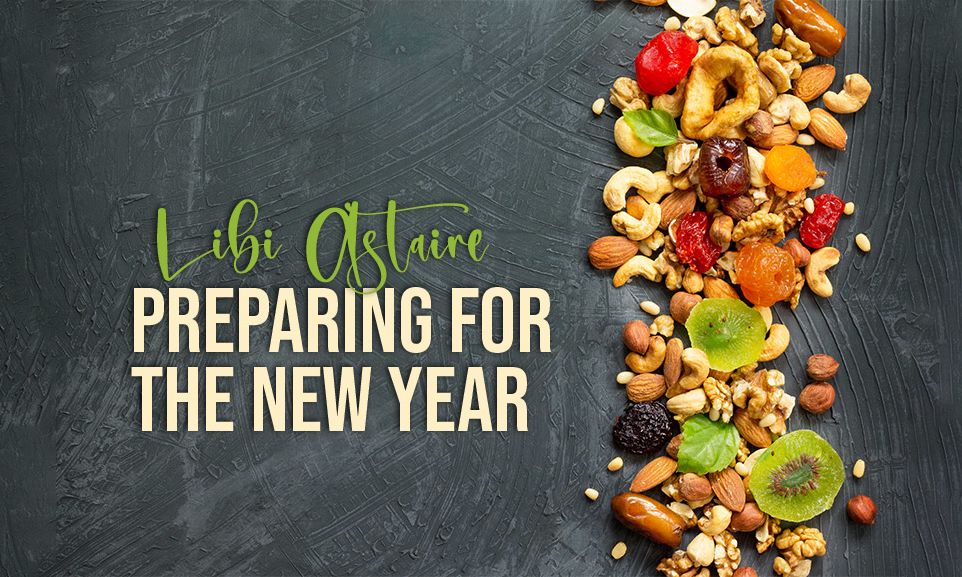
Tu B’Shvat: Preparing for the New Year
Tu B'Shvat is a cut-off date when we make a commitment to prepare the ground for the new insights into Torah that will help to purify our hearts. By the spiritual work we do during the coming months, we will merit to receive the beautiful etrog for Sukkot that we prayed for on this day.

On the 15th day of the month of Shvat we celebrate the holiday of Tu B’Shvat – the new year of the trees. A well-known custom to mark the occasion is to eat fruits grown in the Land of Israel. Less well known is some advice from the Sages of the Talmud, who tell us that on Tu B’Shvat we should pray for a good etrog.
An etrog is a citrus fruit that is one of the four species used on the holiday of Sukkot. During the weeks before Sukkot, finding a good etrog is a top priority. But when we celebrate Tu B’Shvat, Sukkot is still some eight months in the future (nine months during a leap year). Why should we be concerned about finding a good etrog so far in advance?
On a practical level, we know that although etrogs – unlike money – do grow on trees, it still takes a lot of hard work, as well as favorable weather conditions, to produce a good harvest. Therefore, it makes sense to offer a prayer on Tu B’Shvat, when the process is still in the beginning stages, that the etrog trees will receive the favorable growing conditions they need to produce a good and bountiful harvest in the fall. However, there is more.
Each one of the four species that we take on Sukkot symbolizes a different part of the body, and the etrog symbolizes the heart. Therefore, on a symbolic level, our Sages are telling us that on Tu B’Shvat we should start to pray for the good heart that will be our “advocate” when Rosh Hashanah and Yom Kippur come around.
Although it’s certainly never too early to start praying for a good heart, when it comes to cultivating one – as in cultivating an etrog orchard – prayer is just one part, albeit an essential part, of the process. We also need to do the necessary preparatory work during the coming months so that the answer to our prayers will fall on fertile ground – and Tu B’Shvat’s metaphors from nature show us the way.
Flavor and Fragrance – Torah and Soul
On Tu B’Shvat, many people have the custom of having a Tu B’Shvat seder where they partake of a dazzling array of fruits. Many of these fruits are a delight to both the sense of taste and the sense of smell.
On Sukkot, however, only one of the four species has both flavor and fragrance – the etrog – and so this fruit is perhaps an archetype for the deeper meanings associated with these two attributes.
According to the Kabbalah, flavor refers to da’at, a Hebrew word that means consciousness or inner knowledge. Fragrance refers to the essence of the Jewish soul.
Through the soul, we are connected to God’s infinite light. Were this connection ever to be severed, we would cease to exist in an instant. Yet we cannot see, hear, touch, smell or taste this connection to the infinite. We can only know it through our da’at.
Da’at does not refer to knowledge that we can quantify through scientific formulas or that we can describe through language or drawing. Da’at, at its most basic level, is the knowledge that each person has that he or she exists. How do we know this? Philosophers have spilt a great deal of ink in trying to answer this question, yet in the end existence is not something that can be proved. It is something that we just know.
Da’at also tells us that this existence has meaning; that there is a moral center to the universe; and that there is something beyond what we can experience with our five senses. Therefore, it should not be surprising that in Kabbalistic thought, da’at also refers to the inner meanings of the Torah.
Externally, the Torah can be quantified into statistics: so many “do’s” and so many “don’ts.” But it is the inner meaning of the Torah that connects us with the infinite and gives the performance of the Torah’s 613 mitzvot meaning. Through delving into the deeper meanings of the laws and stories we begin to “taste” the true essence of the Torah’s teachings. Torah study gives nourishment to the soul and this nourishment, in turn, serves to enhance the soul’s fragrance.
However, according to Rabbi Yehudah Leib Eiger of Lublin, author of the book Torat Emet, a person’s flavor and fragrance, “all depends on one’s purity of heart.”
It is not enough to study Torah as a purely intellectual exercise. Its teachings have to be taken inside and they have to penetrate into the deepest recesses of the heart. All the outside influences that are clogging the heart’s arteries have to cleaned out and space has to be made for a new way of thinking and living that is in accordance with the Torah’s teachings.
According to Chassidut, the end result of this cleaning-out process is a pure heart that is free from worry. This is so because the person with a pure heart trusts entirely in God. All the “fruits” that are served to this person during his or her life – even the sour and bitter ones – are perceived as being tasty and fragrant because he/she knows that it comes from God and, therefore, it must be good.
Such a person is not blind to life’s difficulties or insensitive to the problems of others. However, she operates on a different sphere – the sphere of da’at – and this helps her to see past the external, physical, this-worldly aspects of the problem and get to the inner core that is connected to God. While taking care of the physical discomforts caused by the difficulty, the person who is pure of heart also calls out to God and asks, “What am I supposed to learn from this? What am I supposed to do to correct my soul? What am I supposed to be doing for others that I am not yet doing? What do I need to do to turn this seemingly negative event into a positive growth experience for my soul?”
Although achieving such an exalted state where the heart is free from worry – and where lemons can be transformed into lemonade – is not easy, a brief look at two of Dovid Hamelech (King David’s) psalms can inspire us to try.
A Shield and a Deliverance
In Sefer Tehillim (the Book of Psalms) Dovid Hamelech tells us that God “is a shield to all who seek refuge in Him,” (Tehillim 18:31) and that He “delivers those who take refuge in Him” (Tehillim 17:7).
The common denominator, of course, is that Dovid Hamelech is telling us to always take refuge in God. Yet there is a difference between God’s being a shield for someone and delivering someone from trouble.
According to tradition, Psalm 17 was written while Dovid was still in the thick of his life’s battles. As a youth, he was forced to flee from Shaul Hamelech (King Saul). As a mature man, his kingship was threatened by his own son. Psalm 17 is a 15-verse plea for help. Dovid is already in trouble – he needs help that very moment – and so he asks God to help him. Right now.
This is the state that usually applies to most of us when we find ourselves in trouble. When things are going well, we don’t feel a need to turn to God. It’s only when we experience troubles that we wake up and say, “Help! Please let me take refuge in You.”
Psalm 18, on the other hand, was written when Dovid Hamelech was already an old man. At this stage in his life he could look back and see that not only did God deliver him from trouble, but that He was also a shield that kept him out of harm’s way even before trouble could strike.
Given a choice, most of us would prefer to have God act as a shield for us and spare us from many of life’s sorrows and pains. However, we can never understand God’s ways and discover the reason why people have to suffer. But if we are able to clearly see the many times that God has shielded us from difficulties, when troubles do come we know that there must be a positive reason why this is happening to us now.
It should be pointed out that in Judaism we are not expected to accept troubles passively. We are supposed to be both mitkabel (accepting of what God gives us) and mitpallel (people who prayer to God for deliverance). Dovid Hamelech, Israel’s archetypal king, is an outstanding example of someone who was both mitkabel and mitpallel throughout his life. In psalm after psalm, when he is in trouble he both praises God and pleads with Him for deliverance, and he has confidence that God – whether in His role as shield or as deliverer – will come through for him.
Such confidence allowed King David to face life’s trials without succumbing to debilitating worry. However, when we allow ourselves to be ruled by the so-called course of natural events – whether these “natural events” are the stock market, earthquakes and tidal waves, or the behavior of some other this-worldly variable – we open ourselves up to a life that is seemingly governed by randomness and chance occurrence.
Of course, God is still guiding our lives, but His ways are hidden from us. Because we allow ourselves to feel like leaves being driven by the stormy winds of nature, we are no longer aware of His guiding hand in our lives. We have cut ourselves off from da’at, the source of inner knowledge and inner calm, and as a consequence we have become plagued with worries and doubts.
Our ability to get back to a place of da’at – to be able to turn to God and seek refuge in Him even though we can’t see Him or experience Him with any of our five senses – is a reflection of our spiritual level. This, in turn, is often a reflection of our opportunities for – and openness to – studying Torah.
Far too many of us were deprived of a solid Torah education when we were young, and so as adults the ways of the Torah seem distant and strange. The many laws that govern a Torah-observant lifestyle appear to be needlessly complex and without meaning. Even basic foundations of Judaism, such as placing trust in God, seem suspect in a society that prizes individualism and self-reliance.
And yet, in our stressed-out society, who wouldn’t like to have a “good heart” that is free from worry?
The only way to achieve this peace of mind is to go back to the source – the Tree of Life that has sustained the Jewish people throughout the generations. And the Baal Shem Tov, the founder of Chassidut, offers some advice on how to do it.
Humility, Separation, and Sweetening
According to the Baal Shem Tov, all growth requires three stages: hachnah (humility), havdalah (separation or distinction), and hamtakah (sweetening or conciliation).
Hachnah, humility, is what allows us to accept new ideas. It implies a readiness to change. When the mind is in the state of hachnah it can be compared to a freshly plowed field. All the old, hardened and stale ways of thinking – which may have been good for last’s year “crop” – must be plowed up so that the mind can be ready to receive the seeds that will be the source of this year’s growth.
When the mind is malleable, the seed of new learning can take root and grow. Of course this does not mean that we have to accept every new idea that is presented to us. We still need to evaluate the appropriateness of any given idea. However, we must also guard against the dangers of being closed-minded and automatically rejecting any idea that does not conform to our present mode of thinking.
Many people find it difficult to even think about changing their life – let alone actually do it. Yet if we are feeling stuck, or feel unable to cope with what’s on our plate, that is surely a sign that the old coping mechanisms and ways of thinking are no longer working. We have to become humble and admit that perhaps we don’t know everything and can’t do everything alone – that perhaps we do need to turn to God and ask Him for help.
But how do we do it? Where do we begin? Of course a person can turn to God at any time with any request, but how do we know that what we are asking for will really be good for us?
The next stage in the Baal Shem Tov’s growth process is havdalah, the ability to separate and make distinctions between things after the seed has been planted.
Judaism is a 4,000-year-old tradition with numerous branches: halacha (Jewish law); hashkafa (moral outlook); Chassidut and Kabbalah, to name a few. It is only by studying each part of this “Tree of Life” that a person can begin to get a sense of the whole. Therefore, to continue to grow a person must be open to receiving all aspects of Judaism – even those aspects that might at first seem to be strange or too difficult.
As the person continues to study, she experiences a change. Her soul begins to wake up and life, as seen through the eyes of the soul, now looks different. The questions begin to change – and so do the requests. By investing time and effort in the stage of havdalah, a person is better able to make distinctions between those things that are only superficially important and those things that are eternal.
The last stage of growth, hamtakah, is where the person is able to enjoy the fruits of his efforts. If he has taken the time to truly toil over the Torah – in all its aspects – he will eventually experience a feeling of reconciliation between the Torah’s various branches. What at first seemed to be strange is now recognized as being an integral part of the whole. Just as it would be impossible to separate a tree’s roots from its trunk and its trunk from its branches, it is now possible to see how it is impossible to sever Jewish law from Jewish philosophy and values.
And whereas before everything seemed random and disconnected, now a pattern can be discerned – and in that pattern he can suddenly see his own unique place in this magnificent tapestry of life.
When this happens, the Torah is truly a “tree of life for those who grasp it,” (Mishlei 3:18) and, “Its ways are ways of pleasantness and all its paths are peace” (Mishlei 3:17). Through during the work of hachnah, havdalah and hamtakah, the person will achieve the goal of having a good heart – a heart that is firmly rooted in the ways of the Torah and can, therefore, take refuge under God’s protective wings with perfect confidence.
Good-bye to the Old, Hello to the New
The Baal Shem Tov’s three-stage plan for growth is not a one-time accomplishment. As Jews, we are expected to grow every day of the year and Tu B’Shvat is a special day that serves to remind us of this job we are expected to do.
During the days when the Temple was standing, Tu B’Shvat was the cut-off date for determining, for the purpose of tithing, which crops belonged to the old year and which crops would belong to the new one.
On a spiritual level, Tu B’Shvat is still a cut-off point. On this day, we can make a commitment to prepare the ground for the new insights into Torah that will help to purify our hearts. And by the spiritual work we do during the coming months, we will be worthy to receive the good etrog on Sukkot that we prayed for on this day.
Happy Tu B’Shvat and a Good Month!
***
Libi Astaire is the author of Choose Light! Chassidic Tales for Chanukah, Rosh Hashanah, Sukkos, Passover & Shavuos; Breakfast with Rav Zusha and Other Stories to Wake Up Your Soul; and the award-winning Jewish Regency Mystery Series. Visit her website for more information about these and other books.


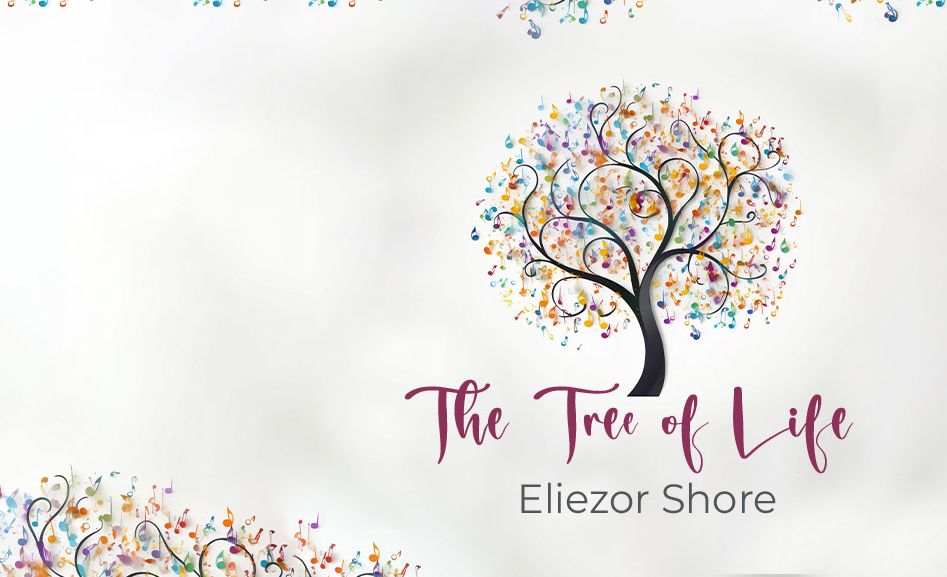
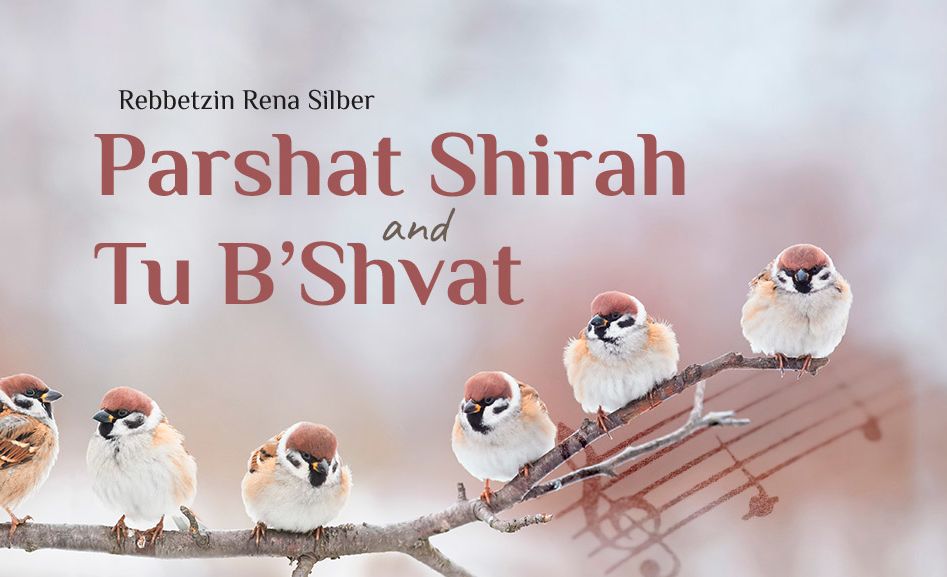
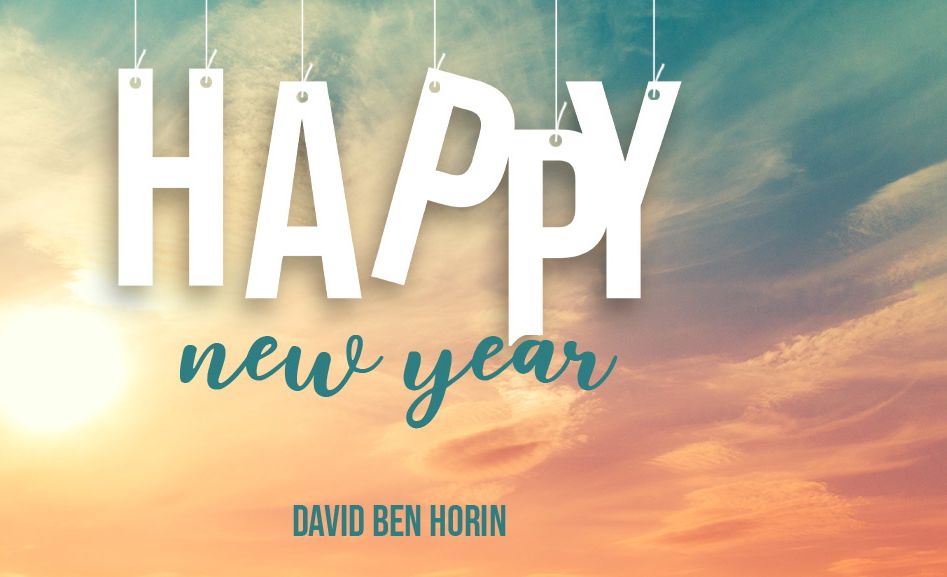
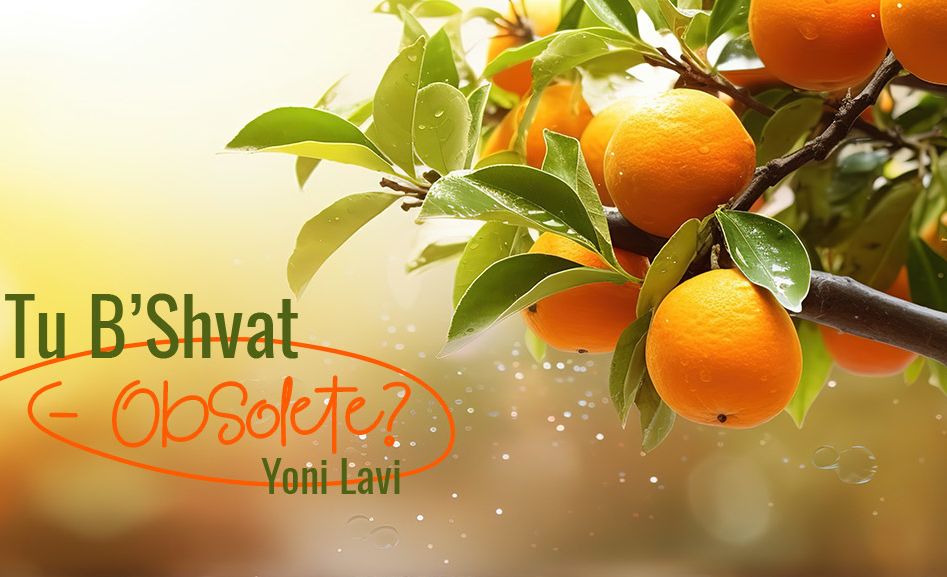

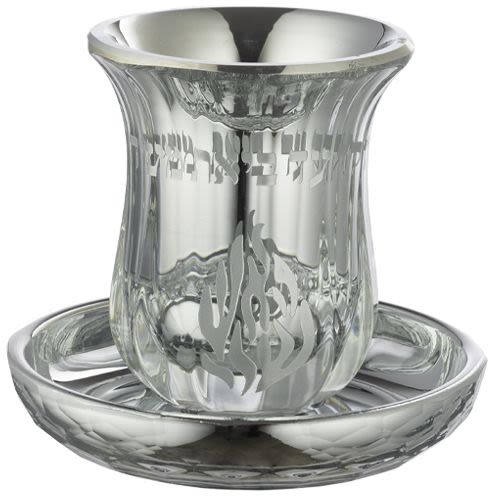

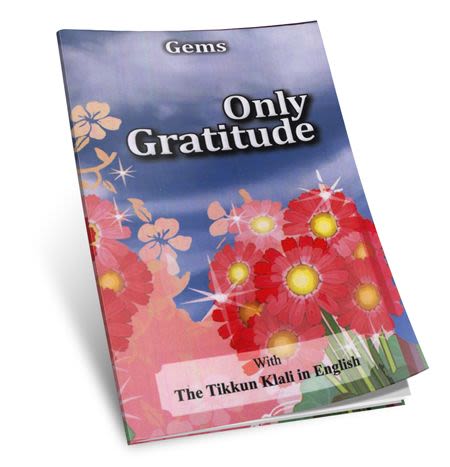
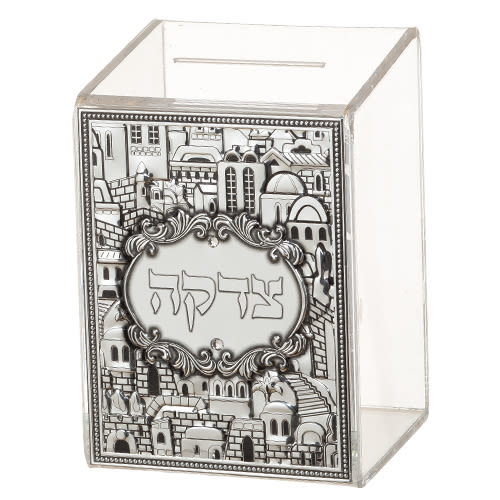
12/26/2013
In-depth article chock-full of solid information This is a solid, detailed article that gives a full answer to how one can grow, change, and become better. Thank you for writing it.
12/26/2013
This is a solid, detailed article that gives a full answer to how one can grow, change, and become better. Thank you for writing it.